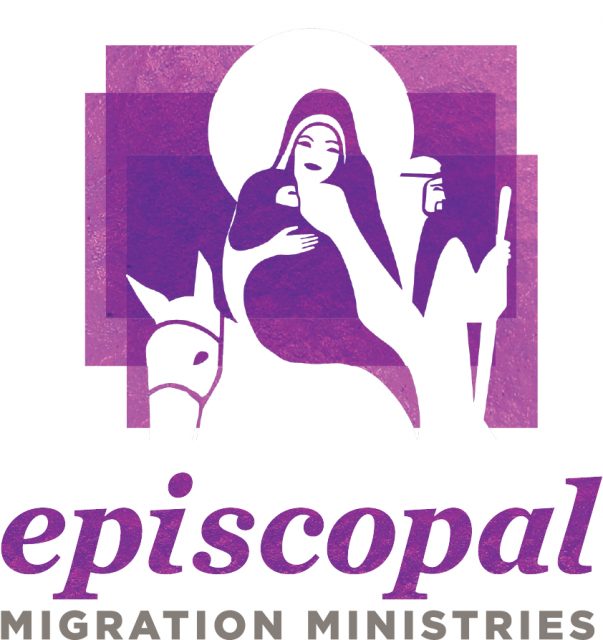The US State Department works with only nine agencies to resettle refugees in the United States. Among them is Episcopal Migration Ministries (EMM). Due to an executive order from the President, only 50,000 refugees will be allowed to enter the US this year, down from the Obama administrations target of 100,000. In response, EMM is reducing the number of sites where it will be seeking to resettle refuges from 31 to 25.
The affected sites and partner affiliates are:
- Refugee One in Chicago, Illinois (Diocese of Chicago);
- Lutheran Social Services of Northeast Florida in Jacksonville (Diocese of Florida);
- Lutheran Social Services of North Dakota in Fargo and Lutheran Social Services of North Dakota in Grand Forks (Diocese of North Dakota);
- Ascentria Care Alliance in Concord, New Hampshire (Diocese of New Hampshire);
- Ascentria Care Alliance in Westfield, Massachusetts (Diocese of Western Massachusetts).
EMM director, the Rev Canon E. Mark Stevenson spoke to Episcopal News Service.
“The planned closings are a painful but strategically necessary move, the Rev. Canon E. Mark Stevenson, EMM’s director, told Episcopal News Service. Moreover, they come after two other recent decisions to shrink EMM’s footprint, one directly related to the government’s changing refugee policy and one not.
“It’s painful; it’s horrible, but we hope – we pray – that we have made the right decisions for the health of the overall network and for the well-being of the refugees,” he said. “That is our number one concern.””
The other agencies involved in resettlement are
- Church World Service (CWS)
- Ethiopian Community Development Council (ECDC)
- Hebrew Immigrant Aid Society (HIAS)
- International Rescue Committee (IRC)
- US Committee for Refugees and Immigrants (USCRI)
- Lutheran Immigration and Refugee Services (LIRS)
- United States Conference of Catholic Bishops (USCCB)
- World Relief Corporation (WR)
Stevenson noted that all of the agencies have been looking to adapt to the abrupt change in Federal policy and have also had to make difficult decisions
“All of the agencies “are looking at structuring ourselves to be the right size for fiscal year 2018.”
“We’re also looking at how we structure ourselves to stay healthy during the remainder of this year because much of the funding that comes from the federal government is calculated on the number of refugees coming to the United States,” he said.
Thus, when refugees cannot enter the U.S., resettlement agencies such as EMM receive far less federal money than anticipated. That reduction also makes it harder to provide ongoing services to refugees already resettled in the U.S.
“It’s important for us to have a system where refugees are resettled where it is safe, where it’s affordable, where opportunity is given to them to thrive as new Americans,” Stevenson said.”
Earlier this year, EMM had announced that it was adding a new site and affiliate, Charleston, WV and the West Virginia Interfaith Refugee Ministry. In an earlier statement, Stevenson said that EMM still intends to resettle refugees there.

